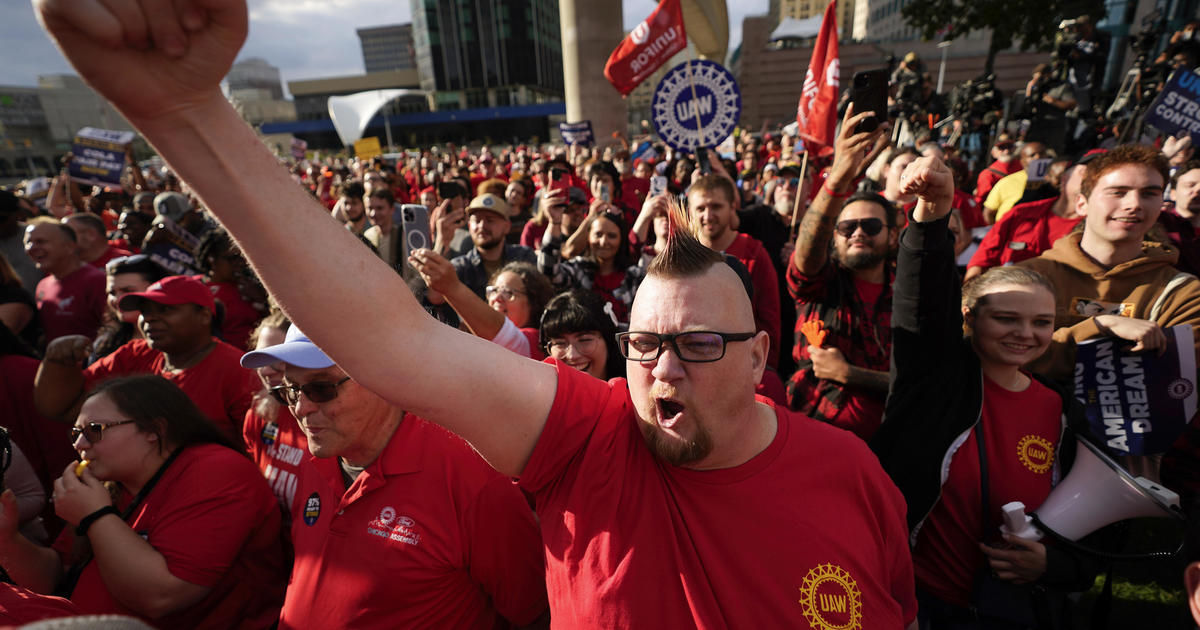Key takeaways:
- The historic United Auto Workers (UAW) strike against Detroit’s Big Three automakers entered its fourth day on Sunday.
- The strike comes at a time when Americans’ approval of labor unions is at its highest point in decades.
- The UAW and the automakers have not yet reached an agreement, but the workers remain determined to fight for their rights.
The historic United Auto Workers (UAW) strike against Detroit’s Big Three automakers entered its fourth day on Sunday, with no signs of an early resolution. The coordinated strike, which began on September 15th, is the first time the UAW has gone on strike against all three automakers simultaneously.
The strike comes at a time when Americans’ approval of labor unions is at its highest point in decades, even as membership in unions remains largely unchanged. So far, the strike is limited to about 13,000 workers at three factories — one each at GM, Ford Motor and Stellantis.
On Sunday, union negotiators and representatives of General Motors, Ford and Stellantis resumed talks, but GM warned that 2,000 UAW-represented workers at an assembly plant in Kansas City are “expected to be idled as soon as early this week” because of a shortage of supplies from a GM plant near St. Louis.
On the picket line, father and daughter team, John and Sarah, spoke of their experience on the strike. John, a GM worker for over 30 years, said, “It’s been a long time since we’ve had a strike like this. We’re out here for a reason. We’re out here for the future. We’re out here for our kids and our grandkids.” Sarah, a Ford worker for the past 10 years, added, “We’re out here to fight for our rights and to make sure that we have a better future. We’re out here to make sure that we have a better life.”
The UAW and the automakers have not yet reached an agreement, but the workers remain determined to fight for their rights. The strike is expected to continue until a resolution is reached.



Be First to Comment